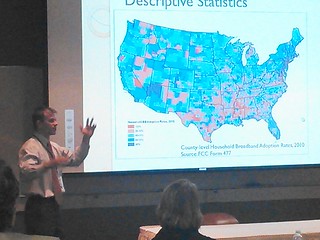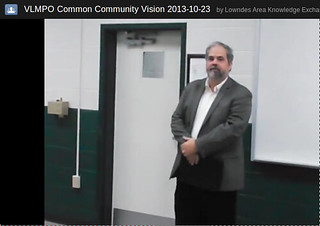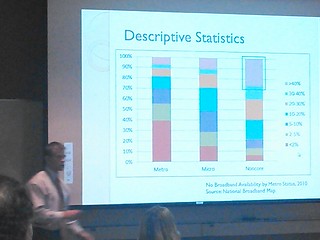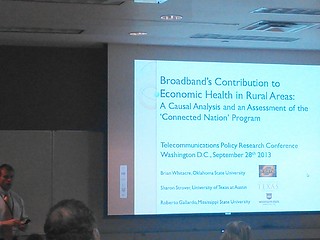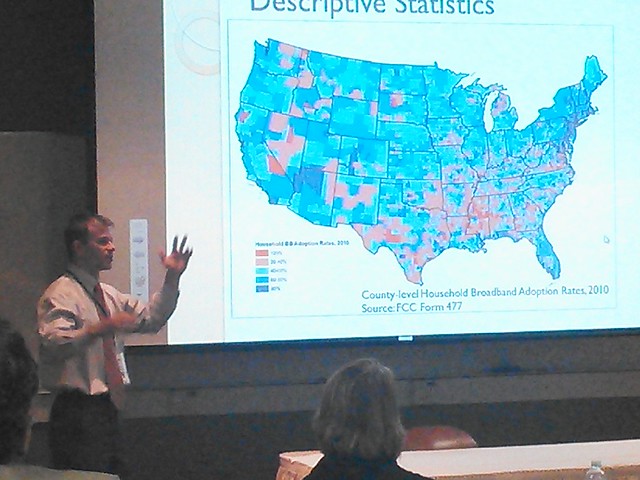Do you want foreign corporations to be able to sue the U.S. because your county has implemented restrictions of pipelines feeding liquid natural gas exports? Or because your country hasn’t locked up enough people for unintentional infringement of copyright? Or because your state has implemented a GMO-labeling law? Then you oppose the TPP.
After the November
release of
the Intellectual Property Rights Chapter,
in December Wikileaks released
two documents from the secret
closed Salt Lake City TPP chief negotiators’ meeting
of the Trans-Pacific Partnership,
showing deep divisions between the negotiating countries that have
already caused a U.S.-imposed TPP deadline to be missed.
 These documents add potential international treaty enforcement of
“mandates” against restrictions on trade to protect national products
or environment or labor to all the reasons
EFF gives for opposing this corporate-power-grab treaty
and the
LNG export pressures for TPP that would drive up the price of fracked
“natural” gas and push pipelines through numerous states for the profit
of a few fossil fuel and utility executives and investors.
These documents add potential international treaty enforcement of
“mandates” against restrictions on trade to protect national products
or environment or labor to all the reasons
EFF gives for opposing this corporate-power-grab treaty
and the
LNG export pressures for TPP that would drive up the price of fracked
“natural” gas and push pipelines through numerous states for the profit
of a few fossil fuel and utility executives and investors.
The deep divisions among the negotiating countries exposed Continue reading





